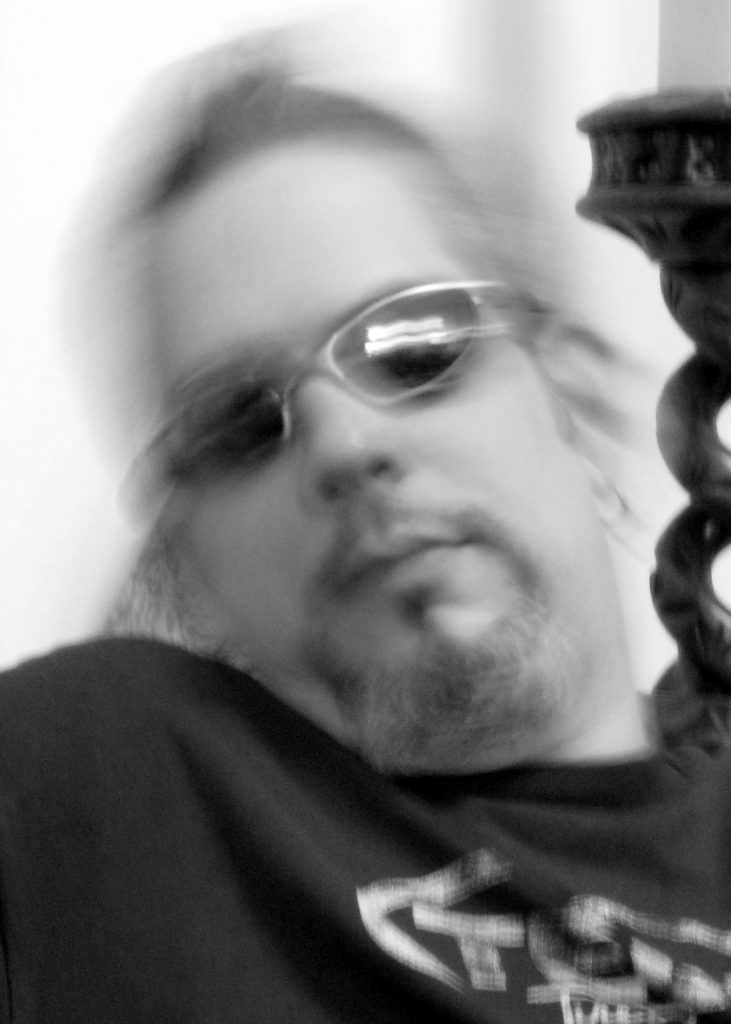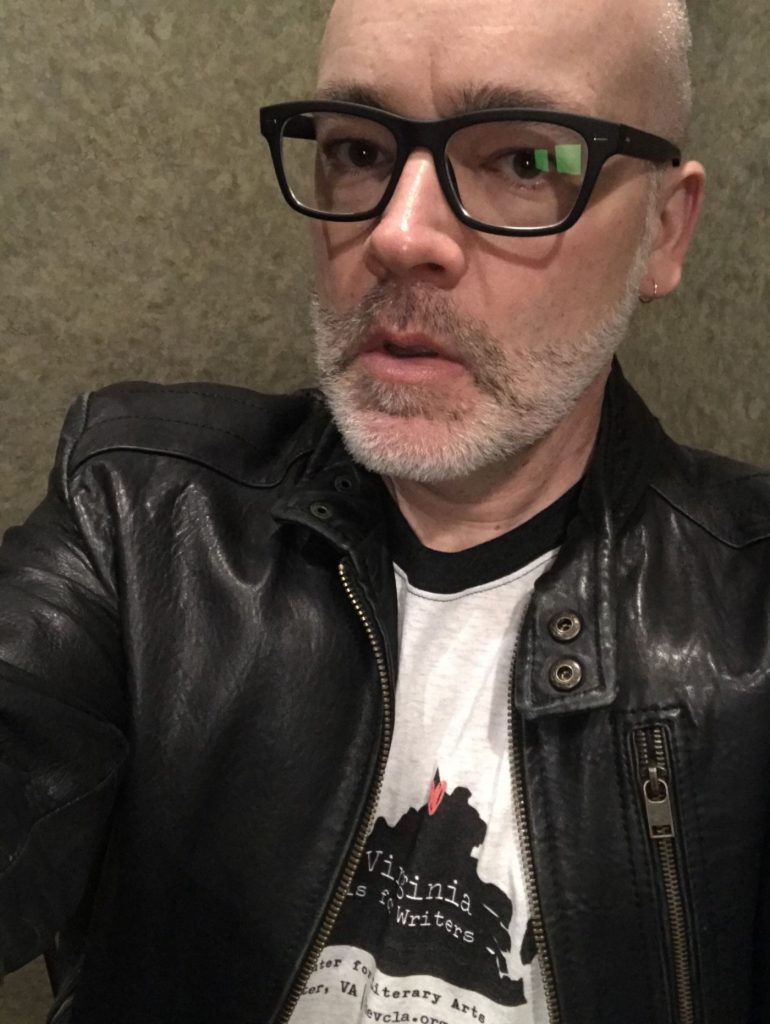
The greatest regret of my life is to have accepted that stupid, devastating, and chaotic bet. But who could have ever thought, in their right minds, that something so bizarre could actually ever happen? We were a group of six buddies ever since school. We went to the same high school and even college, hanging out at bars, each other’s dorm rooms, and university cafeterias. College was ending; we were going to be mature adults soon, with proper jobs and responsibilities. Some of us were even engaged. Instead of easing into this new way of life, we thought that carefree, goofy, and leisurely days would soon be behind us. Something began to stir in our group, an aching desire to do reckless things, perhaps one most small adventure in stupidity, just to feel alive. It was in this spirit that the fateful bet came into existence, one evening.
We had a whole crate of beers with us at night as we went to our usual ‘adventure meeting’ spot in the city’s outskirts. It was a clearing in the woods, where we lit a bonfire and drank beer cans while sitting on our car hoods. Laughter hung in the air…but then haunting demons were soon summoned with the conversation that followed. There was a graveyard nearby, whose cemetery groundskeeper, Mr. Hudson, would often join our festivities. That night was no different; he must have seen the firelight from a distance. He was a nice old man, friendly and convivial. We all liked him and were respectful towards him. However, that night he came with a different expression than usual. He looked gaunt, and his face had a grim look. We asked him what was wrong, and he said that some wretched spirit had come to haunt his graveyard.
We secretly sniggered behind our hands. Mr. Hudson was deeply steeped in the macabre, which never surprised us, considering his job’s nature. On many an occasion, he would tell us stories about ghosts and spirits. He told us stories about how the human soul’s imprints were often left behind, usually because of deaths under unhappy circumstances. Ghosts of those murdered would weep on graves, silently murmuring their plights into the night.
You get used to it after some time. This job requires an acceptance of the afterlife. He often said.
Obviously, we never took him too seriously. We thought that living in such an eerie place and knowing so many death stories had produced in him a strong imagination for the paranormal.
That night, he told us about the new grave.
It belonged to a very evil man, he said. Ever since he had been buried, a thick mist had permanently settled over the cemetery. All kinds of nasty worms and insects were being attracted to the area, and once or twice, Mr. Hudson had come into contact with the evil spirit itself.
For the first time in twenty years, I am actually scared.
We asked him who was the deceased person.
A soul viler than any demon in hell was all he said, with an edge to his soft voice we had never heard before.
He said that he had come over to warn us to stay away from the woods at this time.
It’s no longer safe in these here parts, boys. So please, leave for your own sake! Come visit during the day; I will have the missus brew a lovely tea for you all.
We really respected him, so we agreed to go away and bid him a good night. I wonder how different things would have turned out, how much psychological suffering and trauma could have been avoided if we had done just as Mr. Hudson had said.
As soon as we were at the periphery of the woods, the old argument broke out. At the time, only Jimmy believed in the paranormal and things like ghosts. We were all skeptics, especially Zack, who was particularly dismissive of such a supernatural phenomenon. He and Jimmy got into a pretty intense argument, which ended with the offering of the bet.
Jimmy said that he would pay for the entire group’s dinner if Zack would climb the cemetery wall, go inside and plant three tent pegs close to the new grave (Mr. Hudson had talked enough to let us know crucial details about the grave).
Zack’s eyes had flickered with uncertainty. His instinct was not in favor of doing this. But, as so often happens, our egos take control of our gut feelings and reason. And so, Zack accepted the challenge. The group was thrilled; they wanted someone to make a video of his journey into the cemetery. Unfortunately, no one volunteered, so Zack decided to do it himself.
We waited outside as he climbed the wall and went in. The graveyard was engulfed in thick fog blankets, and the whole place had an eerie feel to it. Several minutes passed as we loitered around a large birch tree, talking and chuckling. Then…a scream rent the air asunder. We all thought that it was Zack who was playing some sort of a prank. The second scream, however, took away all our doubts. Someone was hurt and in great pain.
We dashed off to the cemetery door, peering through the grills. The haze was simply too dense to allow us a peek. Then, something happened that will haunt me for the rest of my days. A figure materialized from the fog, making a segment of it swirl. But, we only saw the silhouette of something inhuman. A burst of laughter, most cold and raspy, reverberated in the air. My blood ran cold, many of the guys backed off. Then…a rectangular object was tossed in our direction; it sailed over the arched gate, softly landing on the muddy ground. My hands violently shaking, I bent down to pick it up. The screen showed a picture of Zack…his temple lodged with…a tent peg. They told me I was still screaming in the ambulance until they gave me an injection to neutralize me.
Police investigated and never found the body. After several questions and inquiries, the case was closed. All of us lost touch with each other…it has been many years since we talked to each other. Heaven knows if we ever will.
A very literary individual, Ahmad Hassan Nadeem is a 14-year-old Pakistani published author—with several publications in renowned newspapers and magazines, such as Dawn, The News International, and TRT, to name a couple. Especially apt in storytelling, he is based in Islamabad.









